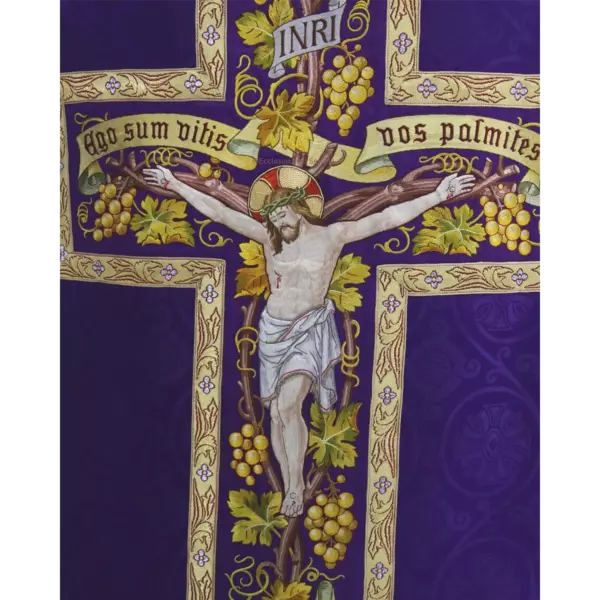Love’s Revolutionary Impact on Christianity
In the rich tapestry of religious and philosophical traditions that came before Christianity, the command to love introduced a foundational revolution. Jesus Christ’s proclamation of the Greatest Commandment, as recorded in Matthew 22:36-40, distilled religious essence into a directive: to love God with all one’s heart, soul, and mind, and to love one’s neighbor as oneself. This dual commandment was groundbreaking, transcending previous religious mandates with its universality and depth.
Agape Love in Christianity
Prior traditions often emphasized ritual purity and adherence to complex laws, with love, when mentioned, being conditional or exclusive. The Christian commandment of love, as introduced by Jesus, demanded a personal transformation beyond legalistic righteousness, promoting a heart that mirrors God’s unconditional love toward humanity.
The principle of agape love—selfless, sacrificial, unconditional love—differentiated from other cultural and religious notions of love at the time. It called for radical empathy and kindness towards all, including enemies and outsiders, as illustrated by the Parable of the Good Samaritan. This concept transcended ethnic, religious, and social boundaries, profoundly influencing Western ethics and law, and inspiring movements for social justice and human rights.
Christian Virtue
Early Church Fathers like Augustine of Hippo expanded on this concept, viewing love as the fulfillment of virtue and the nature of God. Augustine’s work laid the groundwork for understanding the primacy of love in Christian thought. This ethic of love inspired the establishment of hospitals, charitable institutions, and a culture of philanthropy, reflecting the societal transformation inspired by Christian principles of love and compassion.
Philosophers and theologians, from Thomas Aquinas to Martin Luther King Jr., have further explored this ethic of love. Aquinas integrated agape into his theological framework, while Martin Luther King Jr. viewed love as central to the civil rights struggle, advocating for a society founded on love and justice. This Christian innovation of love continues to challenge and transform societal norms, emphasizing the universal dignity of the human person.










 RSS - Posts
RSS - Posts
You must be logged in to post a comment.